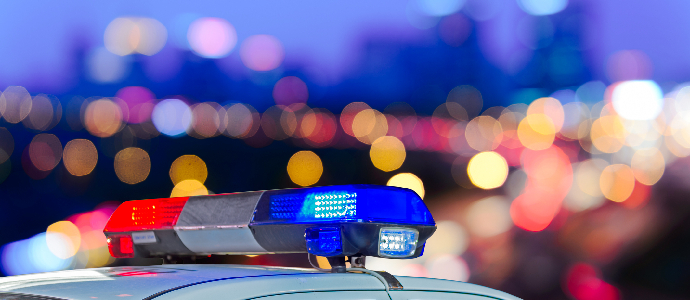It is often said that DWI cases are some of the most technical cases in criminal law due to the specialized police procedure and science involved. While that is certainly true (particularly compared to other misdemeanors), they are also cases that allow for a high degree of creativity when crafting a defense. As can be imagined, most defenses in DWI cases involve questioning the element of intoxication, or attacking other elements of a case, such as an illegal arrest, or defective search warrant. However, experienced DWI defense attorneys employ a wide-variety of defenses to attempt to obtain a dismissal or an acquittal.
One very interesting example was in the news this week from California. In that case, a lawyer argued that a defendant who was caught in bed by his wife with another woman, had no choice but to drive while intoxicated because two women (one of whom was his wife) were attacking him and throwing rocks at him. According to the defendant’s attorney, the defendant was “forced to leave the residence under duress, causing him to drive while intoxicated.” He later blew a .11 (which would be considered legally intoxicated, assuming that is an accurate breath test result), but a jury found him not guilty due to the defense presented by his attorney. This is an example of outstanding work by a DWI lawyer, both by thinking out of the box to employ this defense and successfully using it in trial to get his client acquitted.
In Texas, this defense is known as the defense of necessity and can be found in Texas Penal Code 9.22. That section states that conduct (like driving while intoxicated) is justified if a defendant reasonably believes the conduct is immediately necessary to avoid imminent harm and the desirability and urgency of avoiding the harm clearly outweighs the harm the law sought to prevent. In most cases, what this boils down to is that the defendant was facing a life-threatening event, and had no other choice but to drive while intoxicated.
Whether a DWI can be defended by arguing necessity depends strongly on the facts of a case. If a defendant is only slightly above the legal limit, driving no further than necessary, and doing so only because it is the only way to avoid serious harm, then it is possible that the defense of necessity could be successfully employed in a DWI trial. On the other hand, if a defendant is highly intoxicated, driving through an area with a lot of traffic and pedestrians, and only doing so to avoid a remote danger, then it is unlikely that a necessity defense would work.
In most cases, this is a defense that would only be used at trial, and for strategic reasons, most DWI attorneys would not reveal that this will be the defense until the trial actually begins. As can be imagined, the defense of necessity is not commonly employed because it requires a very unique factual scenario. But it is another weapon in the arsenal of an experienced DWI attorney.
Once your DWI attorney obtains the evidence in your case, then he will be able to evaluate the facts and figure out the best strategy to defend the case. As illustrated by clever use of the defense of the necessity above, employing the best defense in a DWI case requires experience, creativity and execution. If you have been arrested for DWI in the Greater Houston area, call Ceja Law Firm for a free consultation.
